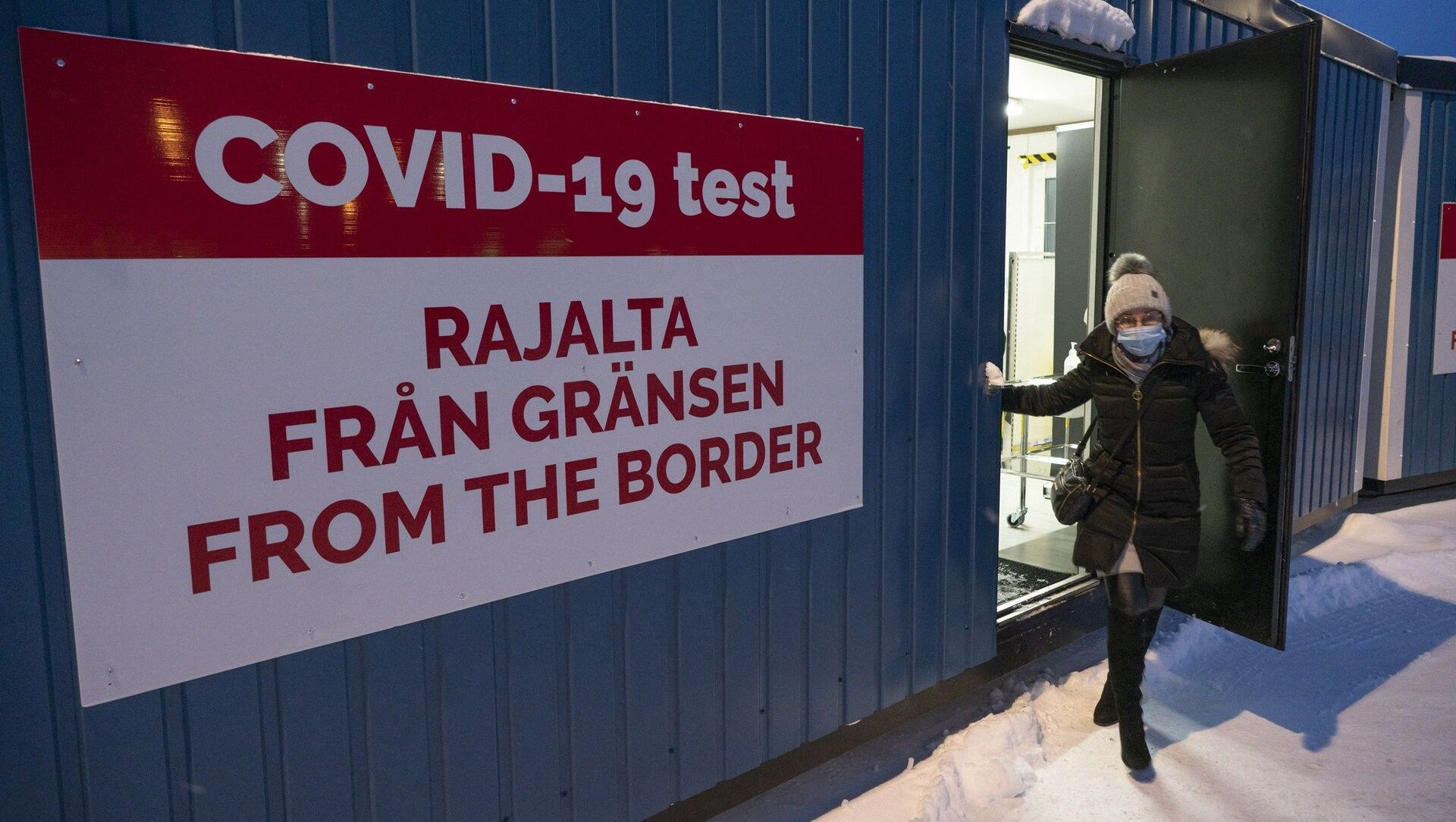The Finnish Parliament's Constitutional Law Committee has approved the government's moves to invoke parts of the Emergency Powers Act.
In a statement, the committee confirmed that Finland is in exceptional circumstances and said it sees no obstacles to the use of emergency laws to combat the coronavirus pandemic, national broadcaster Yle reported.
The powers concern directing the operations of healthcare and social welfare units and compliance with the time limits for non-urgent care. The government also seeks to adopt powers related to emergency communications and decisions on which authority has power in ambiguous situations.
This would cover, for instance, deciding who bears the responsibility for deciding on anti-Covid measures at Helsinki Airport, which caused considerable confusion last spring.
However, the special powers can only be applied in Finland itself, not in the autonomous, Swedish-speaking Åland Islands.
The emergency law also authorises the centralisation and transfer of medical care or patients from one locality to another, and the referral of staff to work between private and public health care, for instance, as well gives authorities the right to postpone the non-urgent care of patients in order to increase operating room capacity.
Yet another provision centralises communications from the government, including the ministries, the Finnish Institute for Health and Welfare (THL), and the National Emergency Supply Agency (Nesa). This is aimed at avoiding situations in which various ministries and agencies make conflicting recommendations on measures to rein in the pandemic, such as the 2020 masking recommendations.
Prime Minister Sanna Marin warned that the COVID pandemic could become long-lasting.
“I am worried about what will happen this autumn and next spring,” Sanna Marin said at a press conference. “This marathon may not be over in the autumn, but it may take several years.”
According to Yle sources, the first emergency power to be used next week would be the postponement of non-urgent care in the worst-hit epidemic areas, such as the Helsinki-Uusimaa healthcare district that covers the metropolitan area.
“Therefore, there is no longer a medical reason for maintaining the upper age limit,” the committee chair, Professor Ville Peltola, said in a THL press release.
So far, AstraZeneca has only been administered to people below the age of 70 in Finland. The elderly have received the Pfizer-BioNtech vaccine.
Amid the recent spread, Finnish rail operator VR announced mask requirement for all passengers, with the exceptions of those who have medical conditions precluding their use.
So far, 9.3 percent of the Finnish population of 5.5 million has received at least the first shot of the vaccine, whereas 1.5 percent have completed their vaccination. More than two-thirds of people aged 80 and over, a priority for the government, have received at least one shot. The THL estimates that at current vaccination rates, herd immunity at 70 percent will be achieved around late October 2021.





